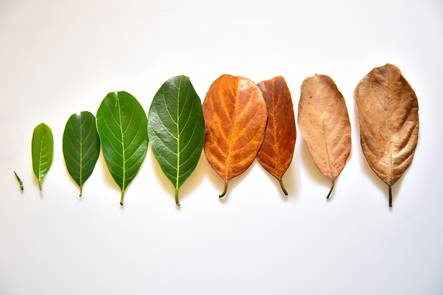This article by Maria Popova in the Marginalian on 15 December 2023 gives a glimpse of Nick Cave’s views on the art of growing older. It reflects part of what has been said in other articles on this subject (available under the Ageing Category in the Public Blogs):
“The perilous time for the most highly gifted is not youth,” the visionary Elizabeth Peabody, who coined the term transcendentalism, wrote in her timeless admonition against the trap of complacency. “The perilous season is middle age, when a false wisdom tempts them to doubt the divine origin of the dreams of their youth.”A century and a half after her, contemplating how to keep life from becoming a parody of itself, Simone de Beauvoir observed: “In old age we should wish still to have passions strong enough to prevent us turning in on ourselves.”
Moving through the stages of life and meeting each on its own terms is the supreme art of living — the ultimate test of self-respect and self-love. Often, what most blunts our vitality is the tendency for the momentum of a past stage to steer the present one, even though our priorities and passions have changed beyond recognition.
How to honor the unfolding of life without a punitive clinging to past selves is what Nick Cave explores in a passage from Faith, Hope and Carnage — one of my favorite books of 2022.

At sixty-five, he reflects:
We’re often led to believe that getting older is in itself somehow a betrayal of our idealistic younger self, but sometimes I think it might be the other way around. Maybe the younger self finds it difficult to inhabit its true potential because it has no idea what that potential is. It is a kind of unformed thing running scared most of the time, frantically trying to build its sense of self — This is me! Here I am! — in any way that it can. But then time and life come along, and smash that sense of self into a million pieces.
In consonance with the great Buddhist teacher Pema Chödrön’s insight that “only to the extent that we expose ourselves over and over to annihilation can that which is indestructible be found in us,” he considers what is found on the other side of that self-shattering:
Then comes the reassembled self, the self you have to put back together. You no longer have to devote time to finding out what you are, you are just free to be whatever you want to be, unimpeded by the incessant needs of others. You somehow grow into the fullness of your humanity, form your own character, become a proper person — I don’t know, someone who has become a part of things, not someone separated from or at odds with the world.
A generation earlier, Bertrand Russell touched on this in his astute observation that growing older contentedly is matter of being able to “make your interests gradually wider and more impersonal, until bit by bit the walls of the ego recede, and your life becomes increasingly merged in the universal life.”
Complement with Grace Paley on the art of growing older, then revisit Nick Cave on self-forgiveness, the relationship between vulnerability and freedom, and the antidote to our existential helplessness.



